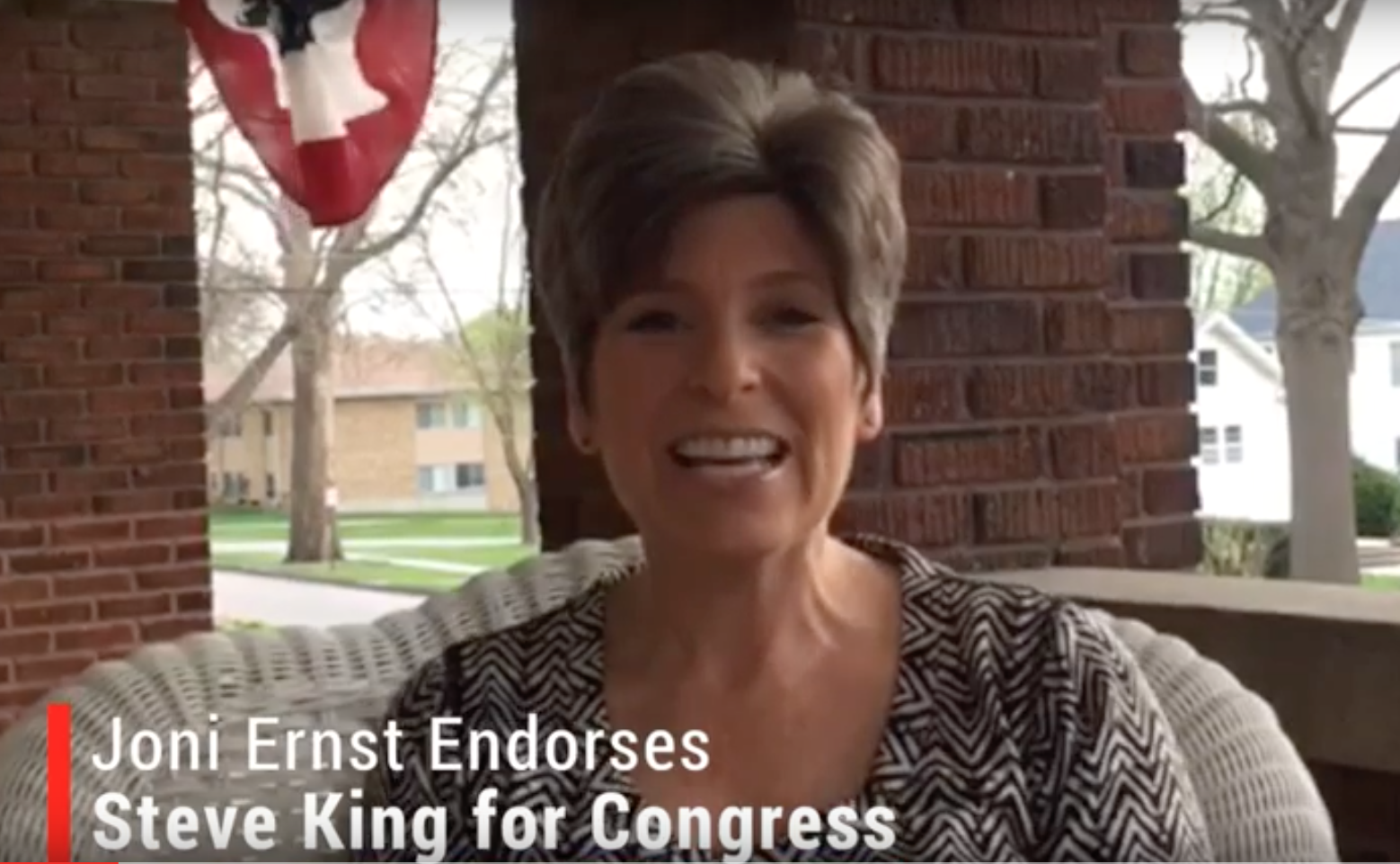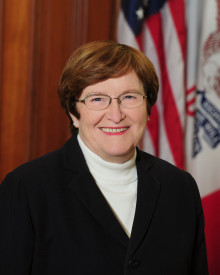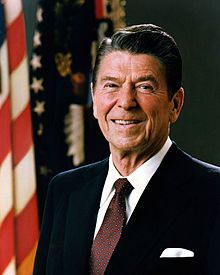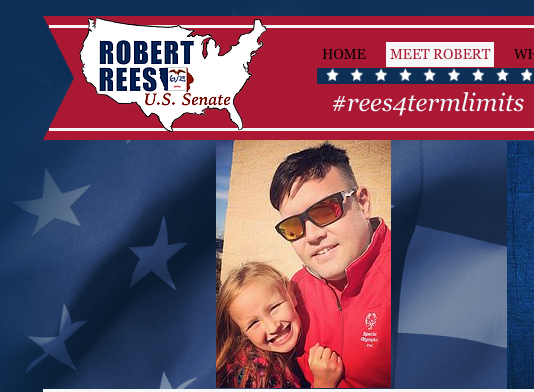What’s on your mind this weekend, Bleeding Heartland readers? This is an open thread: all topics welcome.
The Republican Party of Iowa finished all party business at yesterday’s state convention in under six hours. (For comparison, all four of the Iowa Democratic Party’s district conventions lasted more than twice as long.) You’d never guess that a candidate not named Donald Trump won the Iowa Republican caucuses in February, or that his supporters dominated the four GOP district conventions last month. State party chair Jeff Kaufmann assured journalists that the project of uniting the party was well underway after a sometimes bitter primary season.
During their speeches to convention delegates, Governor Terry Branstad said, “We need to support Donald Trump and his choice for vice president because he will make America great again.” Lieutenant Governor Kim Reynolds echoed the call to stand united against Democrats. As O.Kay Henderson reported for Radio Iowa, U.S. Senator Joni Ernst didn’t mention Trump’s name but argued, “We’ve got to come together, because you know what my motto is going to be this year? Never Hillary! Never!” A massive wall display symbolized the delegates’ commitment to “Stop Hillary” from becoming president.
Representative Steve King, who said a few days ago that he is “not ready” to endorse Trump yet, left little doubt yesterday that he will be able to do so by the time of the Republican National Convention in Cleveland.
The at-large slate of RNC delegates chosen yesterday included Branstad, Reynolds, King, and Bob Vander Plaats, who like King was a high-profile endorser of Ted Cruz before the caucuses. Vander Plaats and Trump had a big dustup on Twitter in January. This week, Vander Plaats told Neil Cavuto of Fox News that he recently met one-on-one with Trump, adding that there was “no endorsement” but that the two men had a “good conversation.”
At least a handful of #NeverTrump types, such as conservative blogger Shane Vander Hart, were among the more than 1550 delegates at yesterday’s state convention, but they did not make their presence known in any organized or vocal way.
The party platform debate proceeded briskly, with no big floor fights. Planks approved by voice vote included one that would eliminate more than a half-dozen federal agencies, including the Transportation Security Administration along with the long-hated-by-Republicans Internal Revenue Service, Environmental Protection Agency, and Department of Education. The Des Moines Register’s Jason Noble highlighted some platform planks that are at odds with Trump’s positions.
Some Iowa GOP conventions have involved intense battles over electing the man and woman to represent our state on the Republican National Committee. However, Tamara Scott was unopposed yesterday for re-election, and Steve Scheffler easily outpolled his little-known opponent David Dicks, a homeschooling dad from Des Moines.
Speaking of Scheffler, how about that guy’s survival skills? The founder of the Iowa Christian Alliance, whom conservative talk radio host Steve Deace has called the “least trustworthy & most gutless person in Iowa politics,” was first elected as RNC committeeman in 2008. His victory over a legend of the Iowa Republican establishment was seen as a sign the Iowa GOP was moving to the right. Scheffler held on as RNC committeeman in 2012 amid the takeover of Iowa GOP machinery by Ron Paul supporters, winning a spot on their approved delegate slate. (Craig Robinson described here how Scheffler did “a 180” on Paul.) The “Paulinista” faction was mostly swept away in 2014, but Scheffler is still standing.
His ability to align himself with establishment figures goes back a long way. Scheffler first made a name for himself as a “lead organizer” for Pat Robertson before the 1988 Iowa caucuses. Robertson’s second-place finish in that contest shocked the political world. Scheffler went on to become a prominent Christian Coalition activist but disappointed some allies in social conservative circles by endorsing Bob Dole before the 1996 caucuses. As head of the Iowa Christian Alliance in 2007, Scheffler did not endorse a presidential candidate but “often spoke highly” of Mitt Romney (see here) and “was accused of trying to undermine Mike Huckabee’s campaign,” which had much more support among Iowa evangelicals at that time. I’ve posted more background on Scheffler below.
UPDATE: Every Iowa Republican who has endorsed Trump should be asked about this article by David Cay Johnston: “Just What Were Donald Trump’s Ties to the Mob?” Johnston won a Pulitzer prize in 2001 for his reporting on loopholes and inequities in the U.S. tax code.
Continue Reading...
















